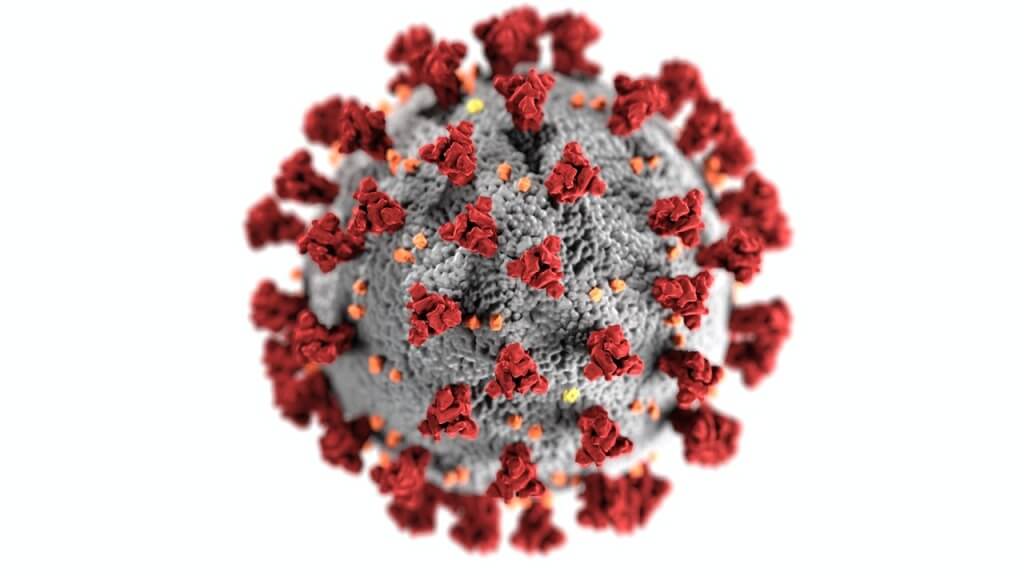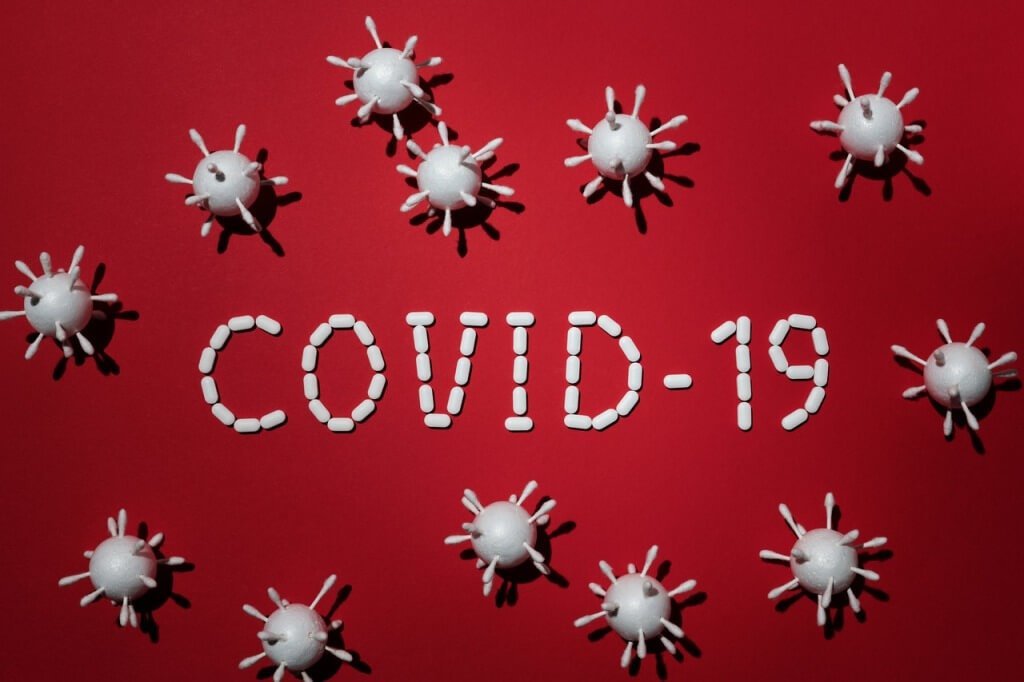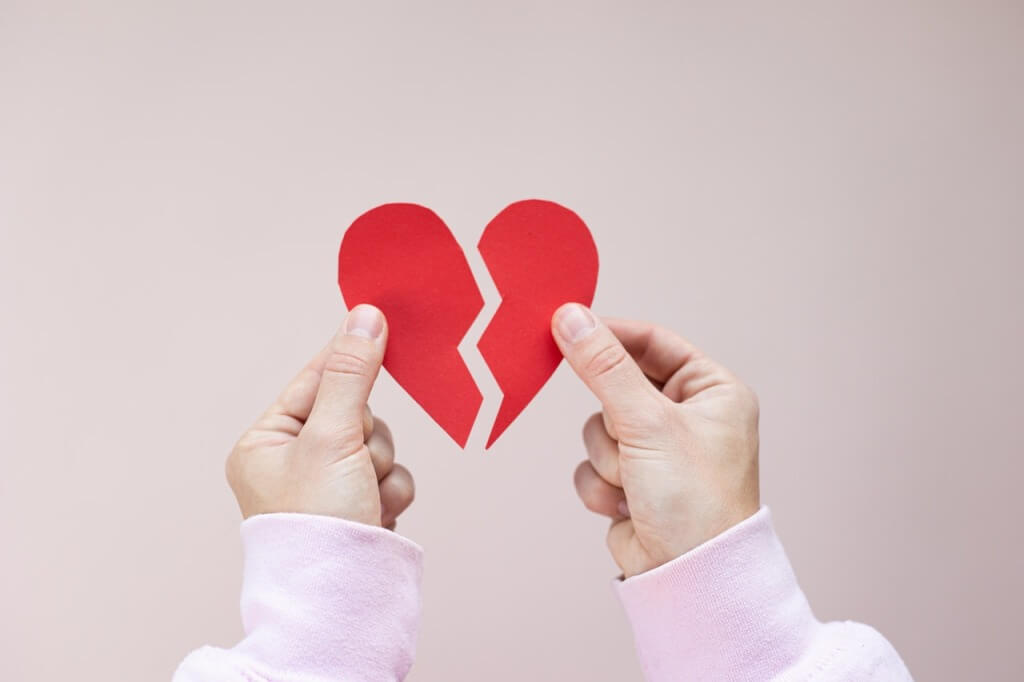When Detroit Tigers pitcher Eduardo Rodriguez was diagnosed with COVID-19 in 2020 while playing for the Boston Red Sox, no one thought the otherwise healthy 27-year-old would be out for long. After experiencing nausea, headaches and fatigue for a week, he began feeling better. But an MRI scan taken just two weeks later showed heart damage. Rodriguez’s season had ended before it even started.
COVID-19 has killed nearly 6.3 million people worldwide. People with heart disease are dying more often from COVID, and the virus is leaving some previously healthy people with heart problems. Researchers are using cardiac imaging technology to find out how and why this is happening. In their race to find the answers, they might discover the key to saving our hearts.

“This research has the potential to really help us understand what happens with COVID-19,” said Amit Patel, MD, a UVA Health cardiologist who practiced at the University of Chicago Medicine. “It may eventually help us understand how best to treat patients and what to expect.”
It’s no secret that COVID-19 hits those with heart problems harder. Almost 1 in 4 people hospitalized for COVID-19 have been diagnosed with cardiovascular (heart and blood vessel) disorders such as heart failure and coronary heart disease. These patients make up about 40% of all COVID-19 related deaths.
The CDC acknowledges this problem and gives people with heart conditions some basic advice: take medications as prescribed, stick with a healthy diet and exercise, and call the doctor when feeling sick. But what if you or someone you love has heart disease and already contracted COVID-19? What can you expect?
The virus that’s causing this pandemic is a fresh spawn in a sea of ancient pathogens. It has been around for less than three years among humans, while common flu pandemics have been reported for over 500 years. Researchers haven’t had the time to observe and study how the coronavirus affects our hearts in the long-run, and this will be crucial information since 48% of American adults have a cardiovascular disorder that puts them at higher risk of dying from COVID-19.
Even young people without preexisting conditions are at risk of heart problems.
In one study that looked at the hearts of 100 COVID-19 survivors after they “recovered,” 78 had heart abnormalities. They faced symptoms including heart palpitations, shortness of breath and dizzy spells.
For Rodriguez, the complications meant he couldn’t pitch in 2020. For others, COVID’s aftereffects meant that a single flight of stairs became daunting.
“There are still so many unknowns in the field about what all of this means,” Patel said.
Patel is working to address some of these unknowns with his research. We know that heart abnormalities are happening — the question is how they’re happening. Patel thinks the answer can be found by looking at the structure and functioning of people’s hearts over time. He’s using medical imaging with MRIs to investigate how COVID-19 patients get heart injuries, how to treat them, and how those people do in the long-run.
“An MRI is a big tube, almost like a tunnel. It’s made out of powerful magnets that can create pictures of tissues you’re trying to image,” Patel said. “You can get super high-quality images of whatever structure you’re interested in.”
Armed with these high-quality images, doctors can better understand what is happening to their patients’ hearts. Simply talking to patients and performing physical exams isn’t enough. Cardiac imaging is necessary to understand who might have a heart problem, especially when some COVID-19 patients don’t show external symptoms of heart trouble.
Learning more about COVID-19’s impact on the heart through imaging technology will ultimately help doctors make better diagnoses and treatment plans for patients at risk of heart injury because of the virus. If doctors know what early signs of heart damage look like in patients, they can intervene before things get worse. If researchers figure out what the forms of damage are, they can predict which patients actually get the damage. The more knowledge that’s gained, the more lives can be saved.

Doctors aren’t sure how long it will take people with heart problems after COVID-19 to recover. One thing we know for sure is that clearer answers can only come with time and help from researchers, patients and study participants.



